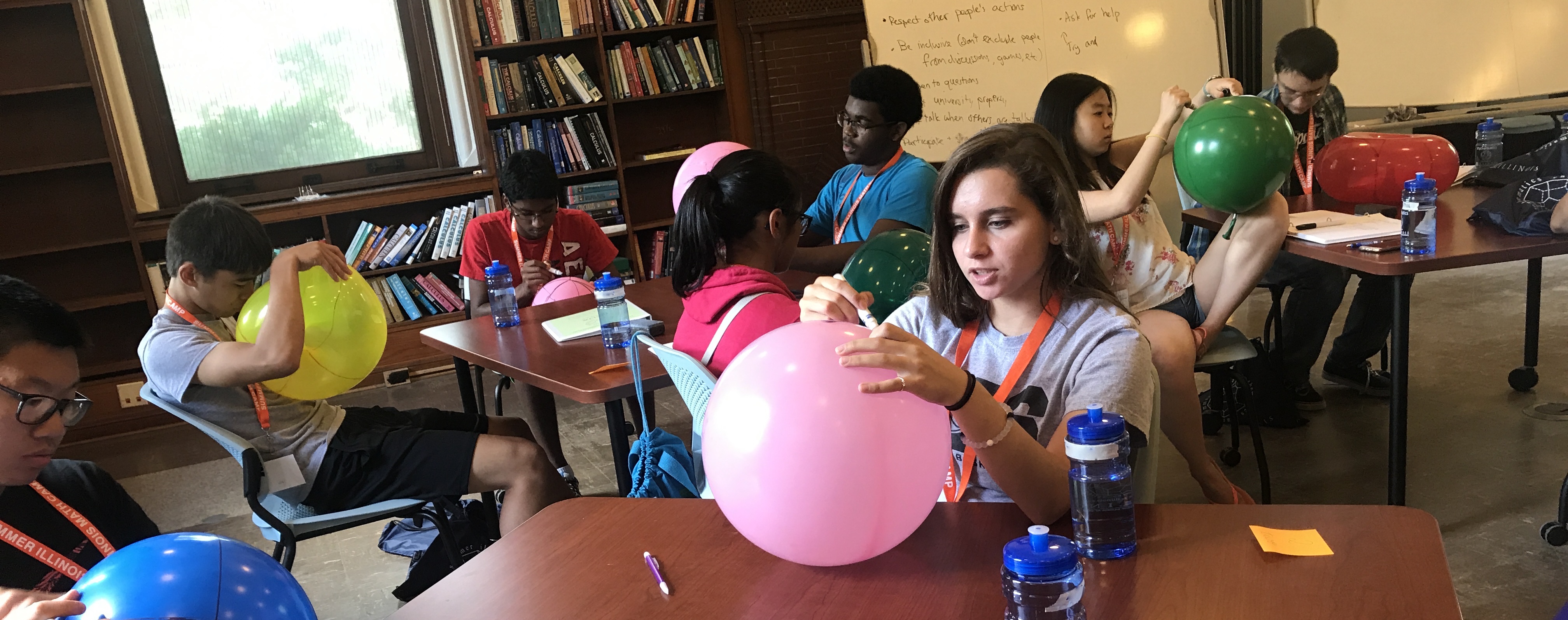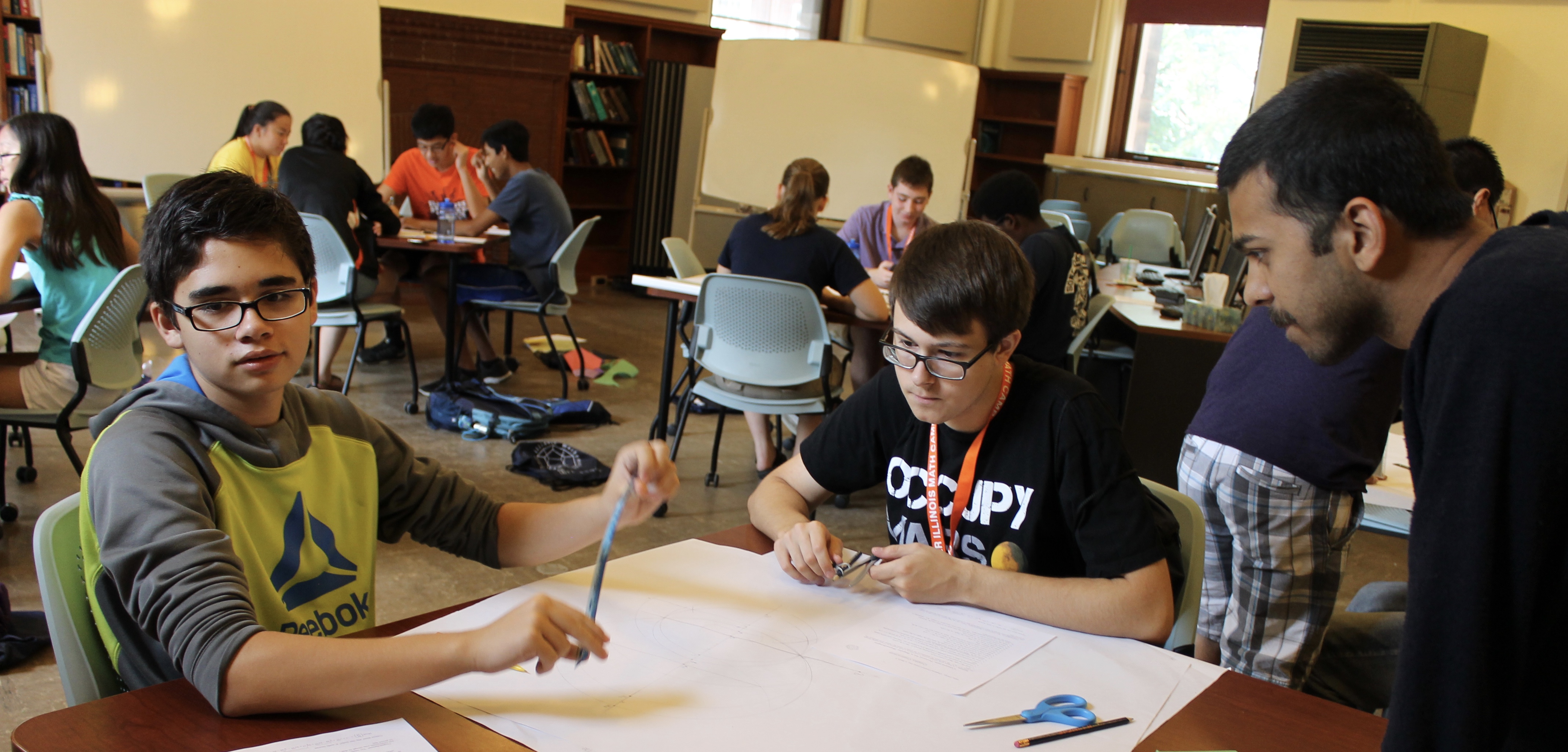Summer 2017 had two weeks of camp. 23 rising 8th and 9th grade students attended SIM Camp Epsilon and learned about combinatorics and tropical mathematics. 29 rising 9th-12th grade students attended SIM Camp Delta on compass and straightedge constructions and topological invariants.
SIM Camp Epsilon
SIM Camp Epsilon is for students entering 8th or 9th grade in the fall who will begin geometry or algebra in the fall. It took place July 10th -14th, 2017.
Beyond 1, 2, 3: How Mathematicians Count
How many ways are there to determine "how many?" Campers compared different groups of objects through concepts such as the multiplication principle, combinations, and bijections, while answering questions like "How many five digit numbers with distinct digits are there?" and "What is my chance of winning the lottery?"
Tropical Geometry
Is 1+1 always equal to 2? A mathematician would say is depends on how you define the arithmetic! In this course we explored a new exciting arithmetic in what’s called tropical geometry. We compared these new tropical rules to the familiar arithmetic we already know and build up to constructing shapes in the ‘tropical plane’.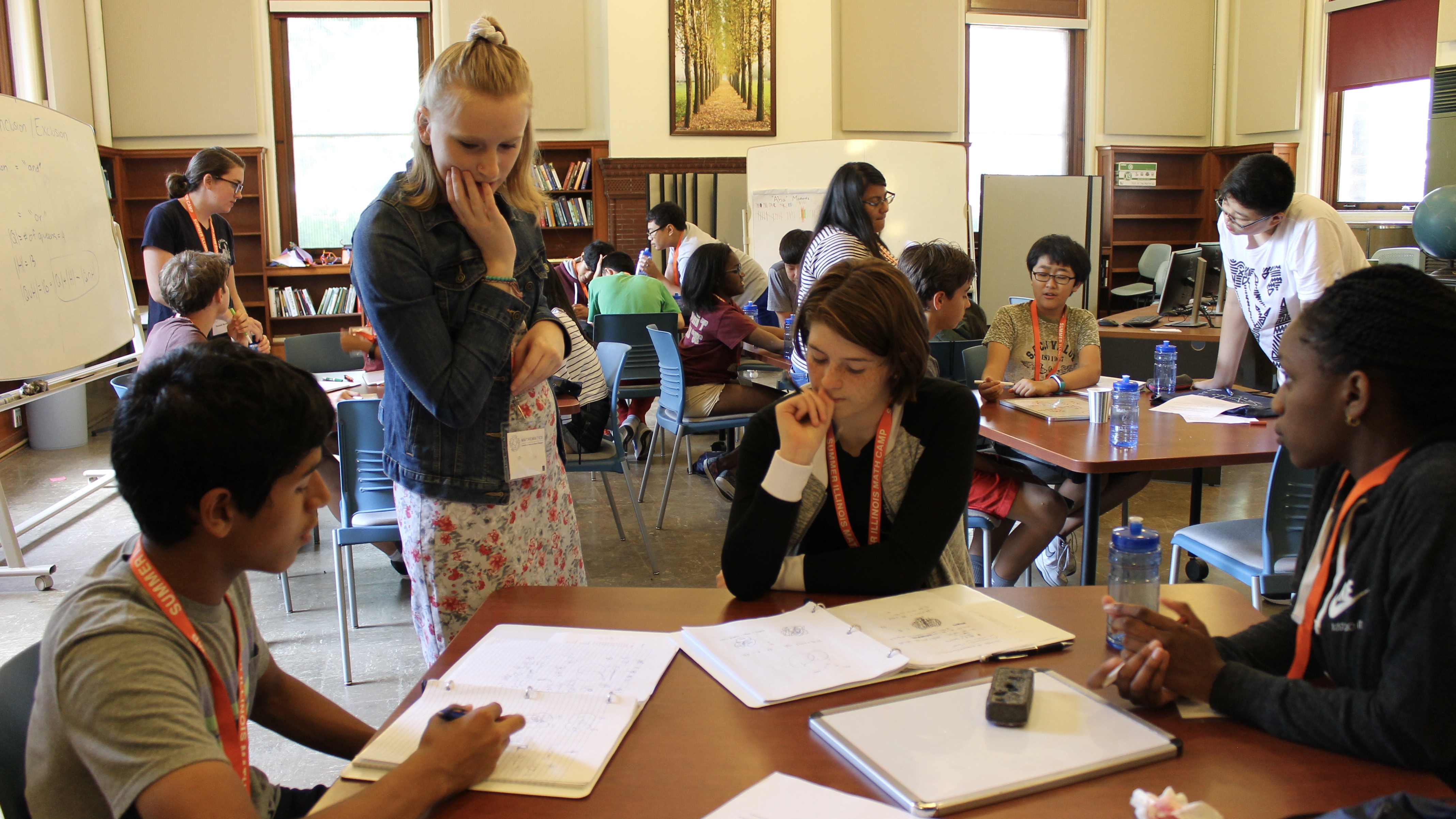
SIM Camp Delta
SIM Camp Delta is for students entering 9th through 12th grade in the fall who have taken at least a year of algebra. It took place July 24th -28th, 2017.
Classical Constructions: Learn to draw algebra
What can we do with a compass and a straightedge? These simple tools can be used to create shapes, do arithmetic and prove fun facts about geometry. This course taught students geometry as the ancient Greeks saw it, using only tools that were available then.
Topological Invariants: How to know the answer in advance
Can a clay ball be deformed into a doughnut without cutting, pasting, or poking any holes? How many colors are needed to color a map of the U.S.? To find the answer to these questions, mathematicians study topological invariants. We used topological invariants to describe these and other qualities of spaces.
About Us
Instructors
Hannah Burson is a graduate student in mathematics, where she uses techniques from combinatorics to solve problems in number theory. Outside of doing math and teaching, she likes to hike, do trivia, and eat good food. She taught Beyond 1, 2, 3 at SIM Camp Epsilon.
Santiago Camacho is a graduate student in mathematics, working in logic. He previously helped with the number theory and cryptology class for SIM Camp 2015. He taught Tropical Geometry SIM Camp Epsilon.
Vaibhav Karve is a graduate student at the department of mathematics interested in mathematics that relates physics to geometry and computation. He taught the Classical Constructions course for SIM Camp Delta.
Dileep Menon is a graduate student in the department of mathematics studying algebraic topology. He taught Topological Invariants at SIM Camp Epsilon.
Assistant Instructors
Gerardo Diaz graduated from the University of Illinois in 2017 with a major in atmospheric sciences. He was a teaching assistant for the Tropical Geometry and Classical Constructions courses for summer 2017. In 2016, he was a teaching assistant for Topological Games and Non-Euclidean Geometry. In the fall 2017, he started graduate school in geoscience at Western Kentucky University.
Franni Schmidt is a junior studying specialized chemistry. She was a teaching assistant for the Tropical Geometry and Classical Constructions courses.
Wendy Vergara is a senior studying natural resources and environmental science along with environmental economics and law. She was a teaching assistant for the Beyond 1, 2, 3 and Topological Invariants courses.
Cora McVey is a sophomore at the University. She was a teaching assistant for the Beyond 1, 2, 3 and Topological Invariants courses.
Support was provided by:
- Office of Public Engagement, University of Illinois for a Public Engagement Grant
- Department of Mathematics, University of Illinois
- Illinois Geometry Lab, University of Illinois
- Association for Women in Mathematics, University of Illinois
- Dolciani Mathematics Enrichment Grant , Mathematical Association of America
- National Science Foundation , Grant Number DMS-1449269
![]()
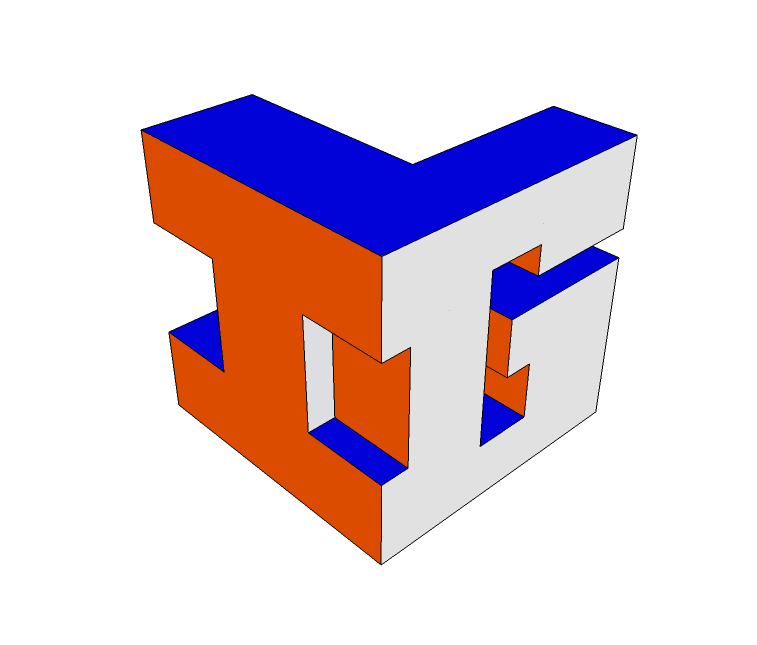
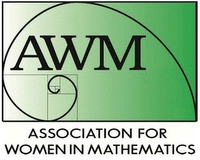
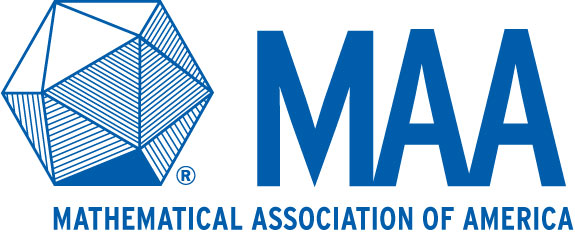

Please consider donating to the Mathematics Department of Mathematics Outreach fund, which supports our Summer Illinois Math camp and other outreach initiatives. Your support helps our department fulfill Illinois’s land grant mission.
Any opinions, findings, and conclusions or recommendations expressed in this material are those of the author(s) and do not necessarily reflect the views of the National Science Foundation. This material is based upon work supported by the National Science Foundation under Grant Number DMS-1449269.
